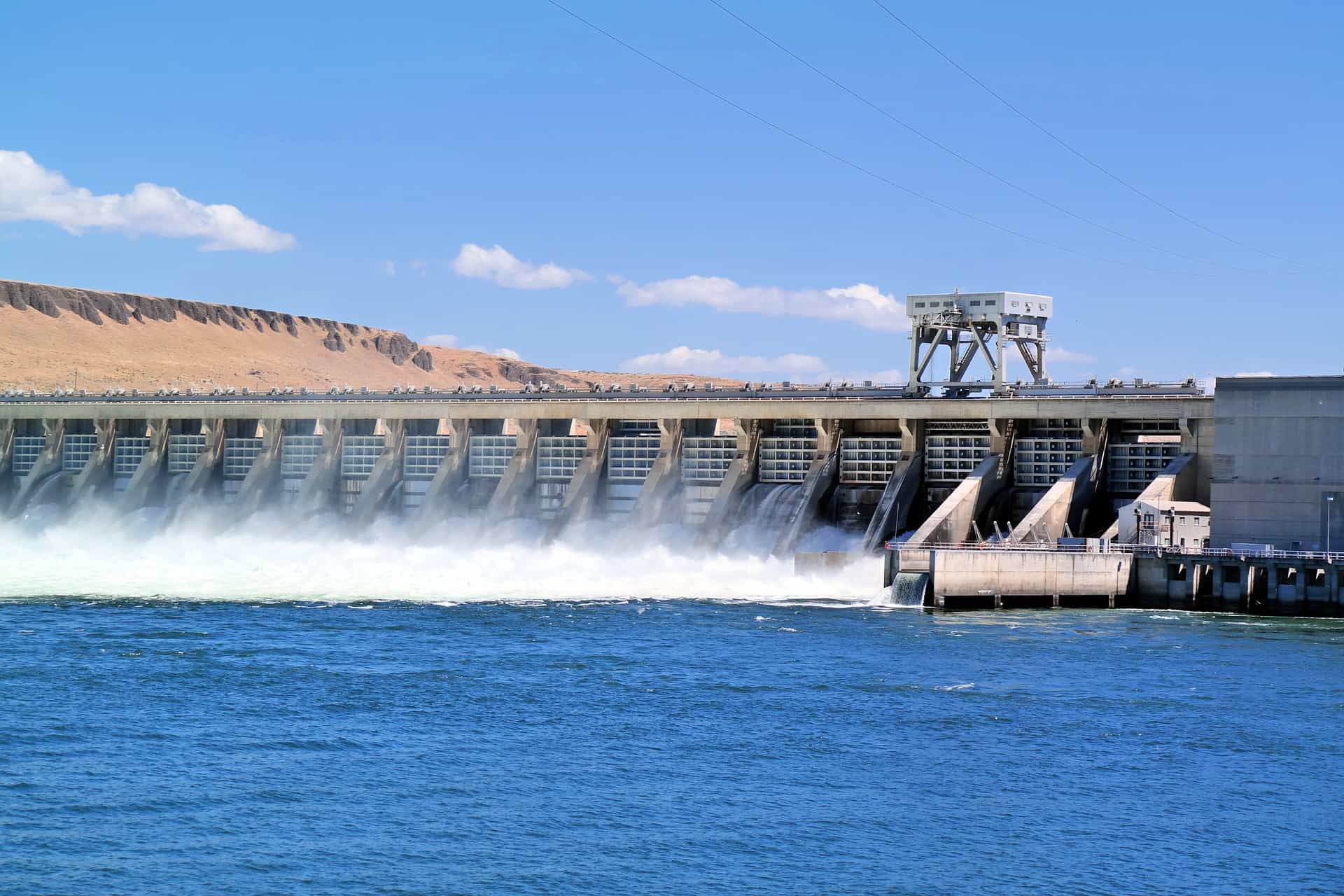The Ministry of Energy and Water of Lebanon responded in a clarification statement to what the candidate for the parliamentary seat in Batroun, Majd Boutros Harb, said during a television interview on LBCI Channel.
Harb had claied that the cost of the Msailha and Balaa dam projects amounted to $1 billion.
The ministry said the payments made on the Msailha Dam amounted to $69.13 million.
It added that the amount paid for the Balaa Dam was $24 million.
This, it said, brought the total expenditure of the dams to approximately $90 million. The two numbers actually add up to $93 million.
The ministry’s statement also indicated that the works on both projects have been partially or completely suspended since October 17, 2019, with efforts underway to secure the necessary funding for the remaining parts whether through the annual budget or international donors.
“The Ministry of Energy and Water urges all those interested in the file of dams to practice prudence when addressing this national and strategic issue and not to include it in the narrow corners of politics, and to derive technical and financial information from its correct sources,” its media office concluded in its statement.
Lebanon’s economy has taken quite a hit since end-2019, thanks to a financial crisis that has seen its currency lose 90 percent of its value and plunged around four out of five people into poverty.
The situation is so dire that even banks, which are often blamed for the crisis, have started to cut jobs or down shutters entirely.








